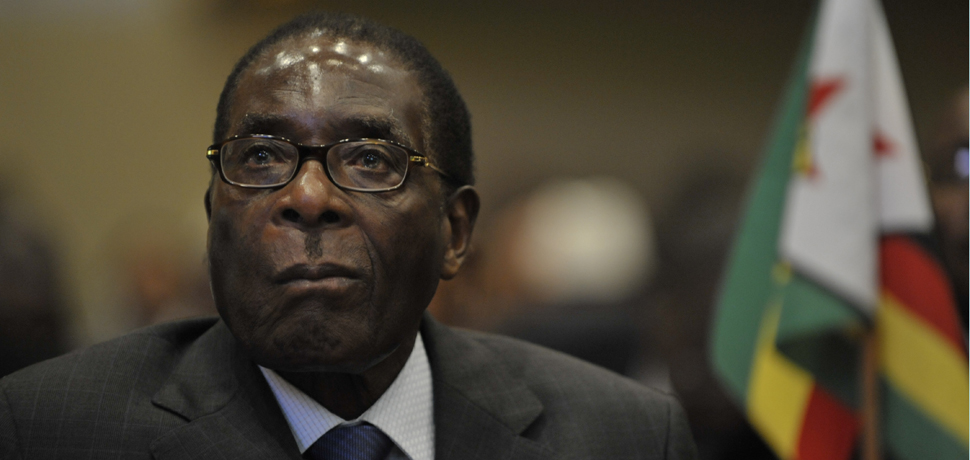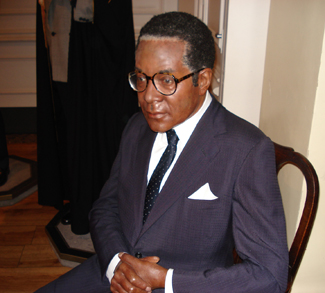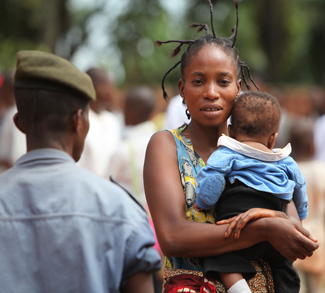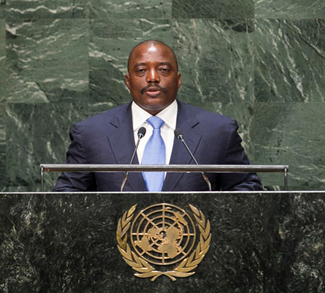Summary
The upcoming July elections will be a monumental shift in Zimbabwean politics. For the first time since 1980, the country will elect a new leader, bringing the former breadbasket of Africa into a new era. Current expectations are that incumbent president Mnangagwa will soar to victory. However, questions on whether the elections will be free and fair continue to weigh heavily on the minds of the opposition and the international community.
These doubts are well-founded. During the Mugabe era, elections were characterized by fraud, political malpractice, and acts of violence. The stark level of intimidation directed at the opposition rendered them politically incapable of mounting an efficient challenge to the government, this in despite of a power sharing deal in 2008. Mr. Mnangagwa, in his bid to garner favor with the international community and entice greater foreign direct investment, has invited over 40 countries to observe the election. It would be the first time in 15 years that an election faced such high levels of international scrutiny.
While this all creates the impression that Mnangagwa will live up to his promise that the elections will be free of government and military interference, the inherent corruption and culture of cronyism deeply embedded within the state apparatus suggests the contrary.




